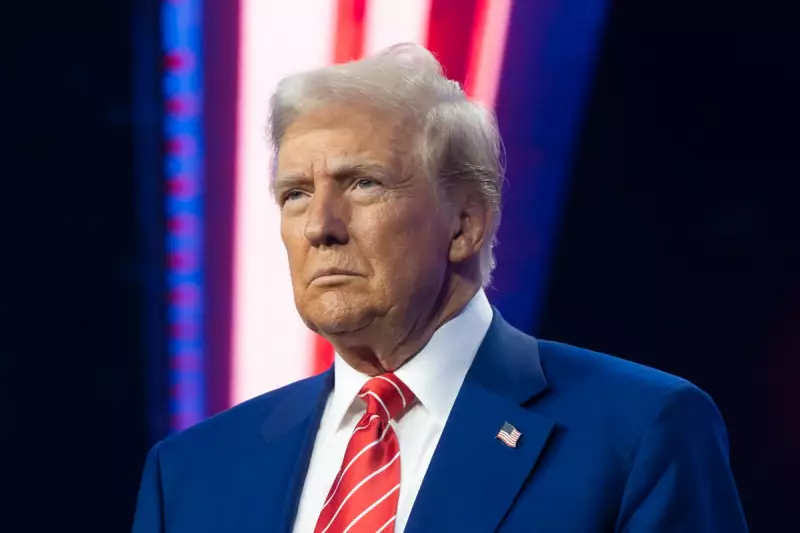
In a move that could send seismic shocks through the global technology sector, former President Donald Trump is allegedly crafting a radical proposal to overhaul the United States' H-1B visa programme. The most eye-catching element of this plan is a staggering fee hike that could see companies paying up to $100,000 per visa for foreign skilled workers.
A Fundamental Shift in US Immigration Policy
According to sources familiar with the discussions, this proposal represents a significant hardening of Trump's stance on skilled immigration. The plan is said to be a central pillar of his potential economic agenda should he secure a second term in the White House. The objective appears to be a dual-pronged approach: generating substantial revenue while aggressively incentivising companies to prioritise the hiring of American workers.
Potential Consequences for the Tech Industry
The implications for Silicon Valley and the broader US tech ecosystem are profound. The H-1B visa has long been a cornerstone for recruiting top-tier global talent in fields like engineering, software development, and data science. A fee of this magnitude would represent an enormous financial burden, particularly for startups and small to medium-sized enterprises (SMEs) that rely on specialised skills not always readily available in the domestic job market.
Industry leaders are watching with apprehension. Such a policy could stifle innovation, slow down product development cycles, and potentially force companies to expand their operations overseas to access necessary talent pools.
Focus on Indian IT Professionals
The proposal is expected to have a disproportionate impact on professionals from India, who historically receive a large share of H-1B visas. This has sparked significant concern within India's massive IT services and technology sector. The potential policy shift threatens to disrupt long-established recruitment pipelines and could lead to increased costs for both American companies and Indian firms with US operations.
Elon Musk's Vocal Opposition
The reported plan has already drawn sharp criticism from high-profile figures in the tech world. Elon Musk, CEO of Tesla and SpaceX, has publicly denounced the idea. He argues that such a policy is antithetical to the principles of meritocracy and talent acquisition, potentially hindering America's competitive edge in critical technological fields like artificial intelligence and renewable energy.
The Road Ahead
While still in the proposal stage, this idea signals a potential dramatic shift in US immigration policy for skilled workers. Its implementation would likely face legal challenges and intense lobbying from the powerful technology industry. The debate underscores the ongoing tension between nationalist economic policies and the globalised nature of the modern tech workforce, setting the stage for a major political and economic battle.






